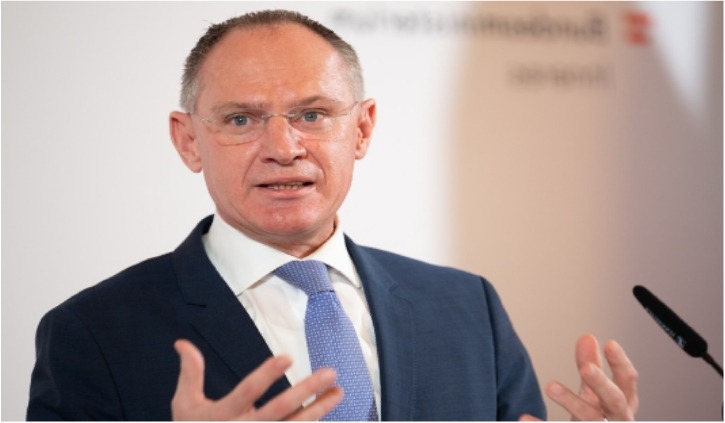
Interior Minister Gerhard Karner, a member of the ÖVP (Austrian People’s Party), has expressed his support for extending the displaced status for Ukrainians in Austria and providing refugees from Ukraine with a longer-term perspective in the country. He acknowledges the need to address the ongoing conflict in Ukraine and ensure that those who have established themselves in the Austrian labor market have the opportunity to settle permanently.
Karner also discusses the issue of “climate glue,” referring to radical climate activists who engage in protest actions. He supports the idea of imposing harsher penalties for such activities, citing a significant number of arrests and reports related to protests this year. While he acknowledges the effectiveness of the police in handling these cases, he believes that stronger deterrents are needed.
Regarding extremism, Karner notes that various groups, including Islamist extremists, state objectors, and right-wing extremists, have been targeted by the authorities. He mentions successes in dealing with these groups and expresses confidence in the expertise of the state security agency.
Karner refrains from classifying the Young FPÖ (Freedom Party of Austria) as “right-wing extremist” but expresses concerns about blurred boundaries within the party. He suggests that such blurred lines may have contributed to the creation of a controversial video by the Young FPÖ.
The Interior Ministry’s plans to convert Hitler’s birthplace in Braunau into a police station remain unchanged, with implementation set to begin in the fall. The decision to repurpose the site was made following careful consideration by a commission of historians and other experts.
In terms of asylum numbers, Karner highlights a decline in applications in recent months but emphasizes the need to continue efforts to combat human smuggling. He supports the idea of making Austria less attractive as a destination for asylum seekers, including financial incentives for those who have been in the labor market for five years.
Karner also notes positive developments at the European level regarding asylum procedures in safe third countries and emphasizes the importance of European solidarity and adherence to agreements.
Overall, Karner’s statements reflect a commitment to addressing pressing issues related to displaced persons, extremism, and asylum policies in Austria while advocating for stronger measures in certain areas, such as climate protests and social assistance.
